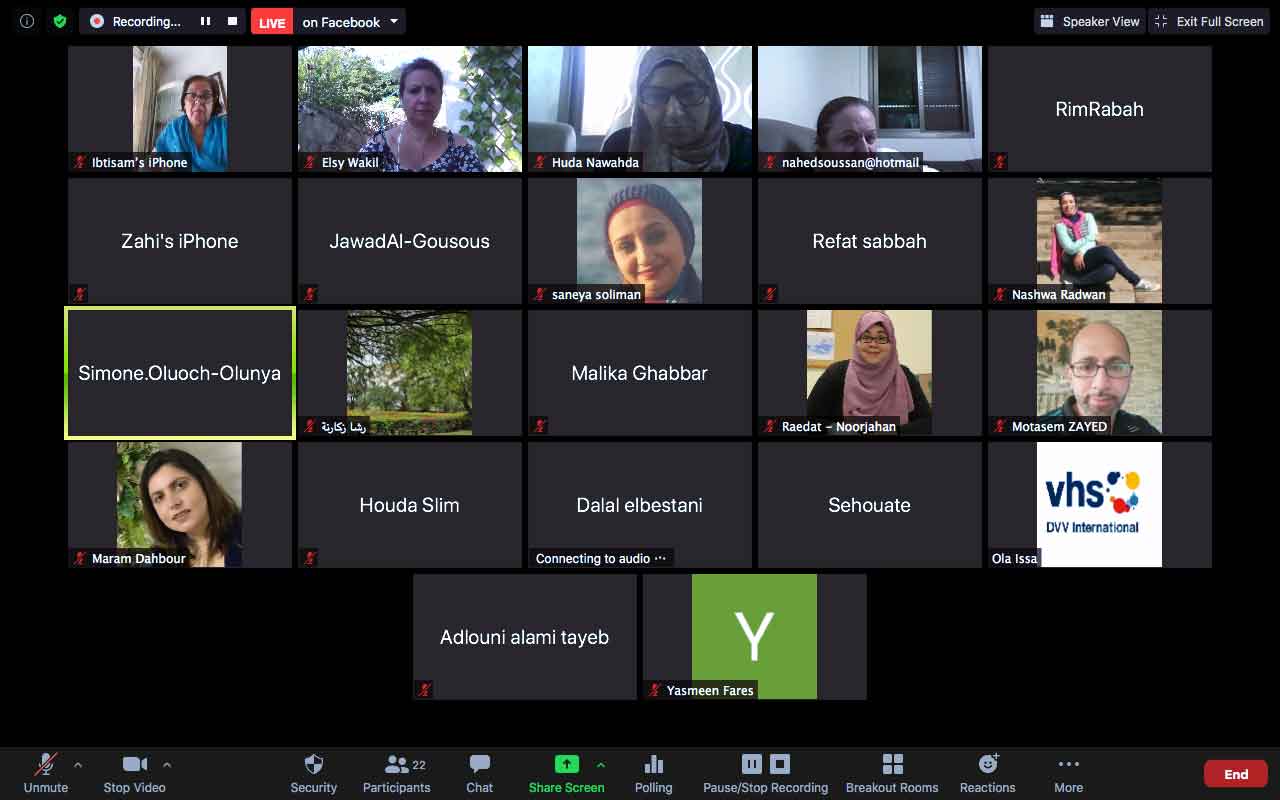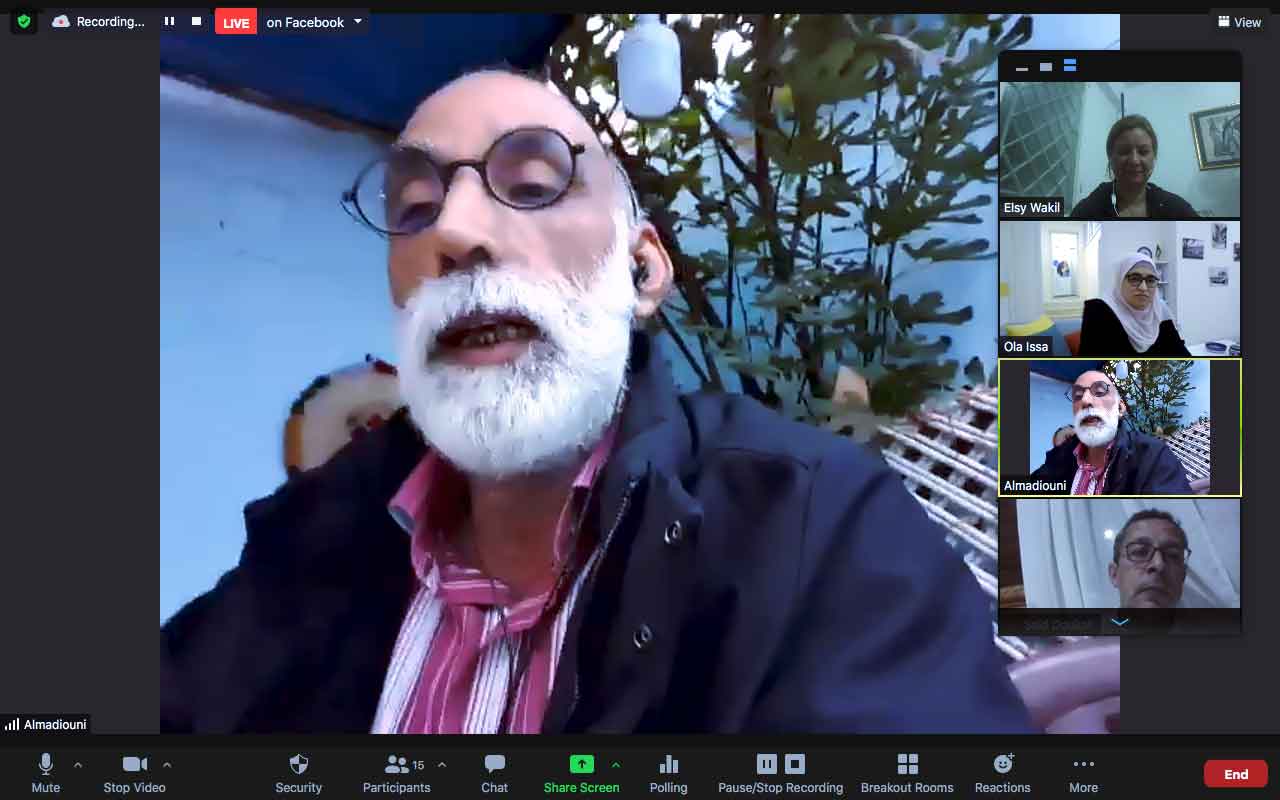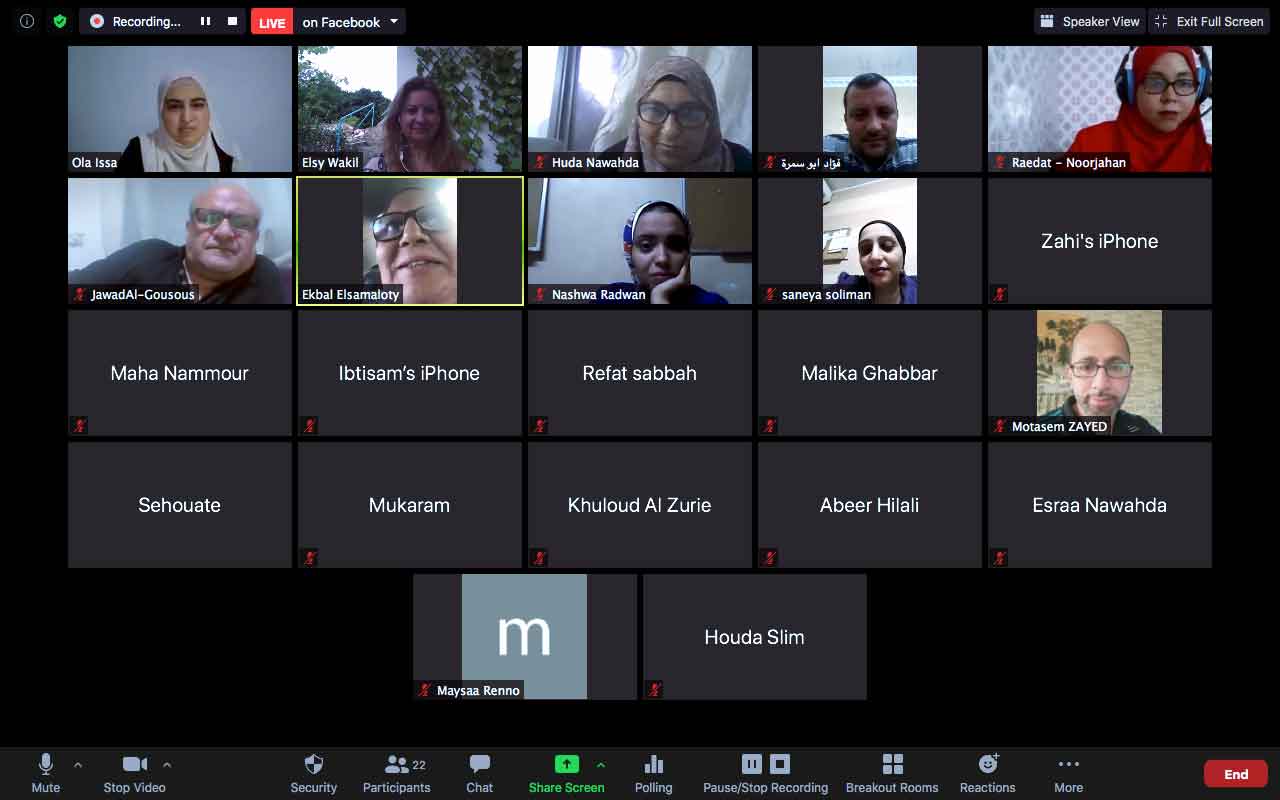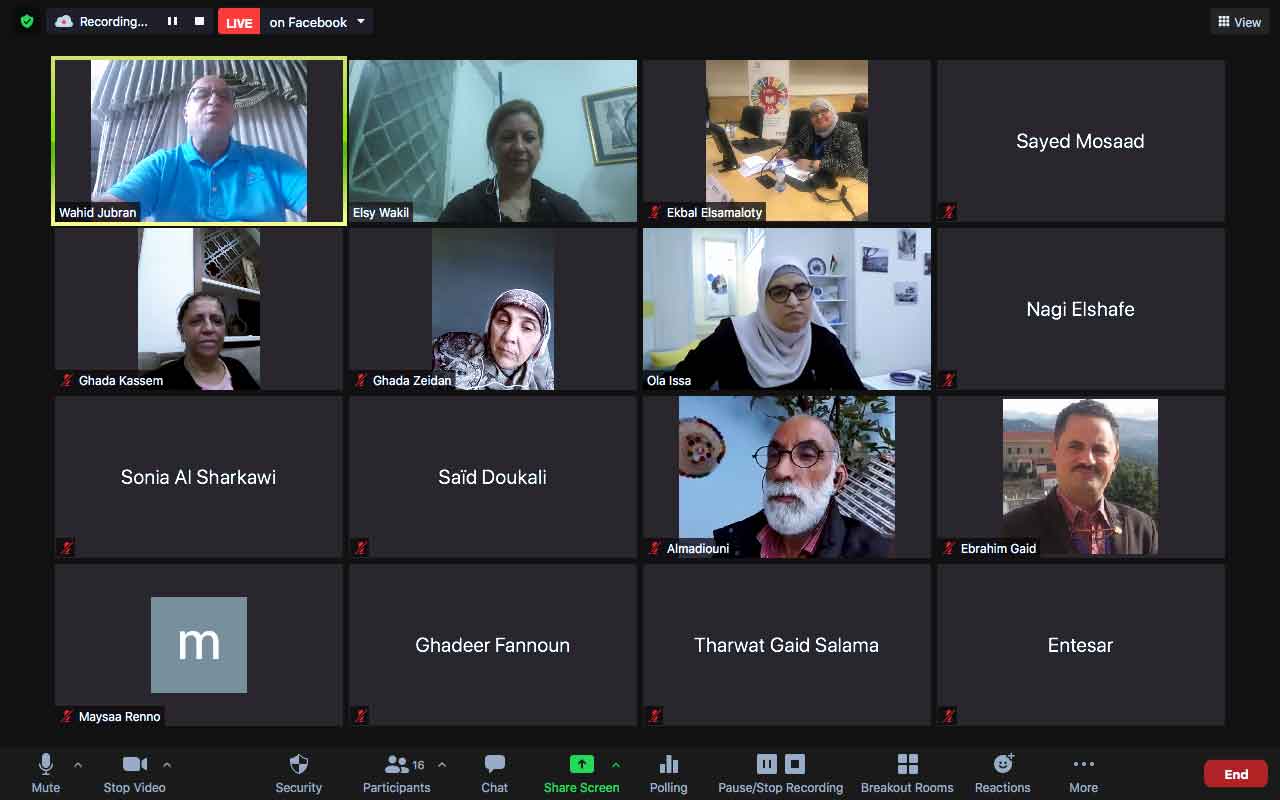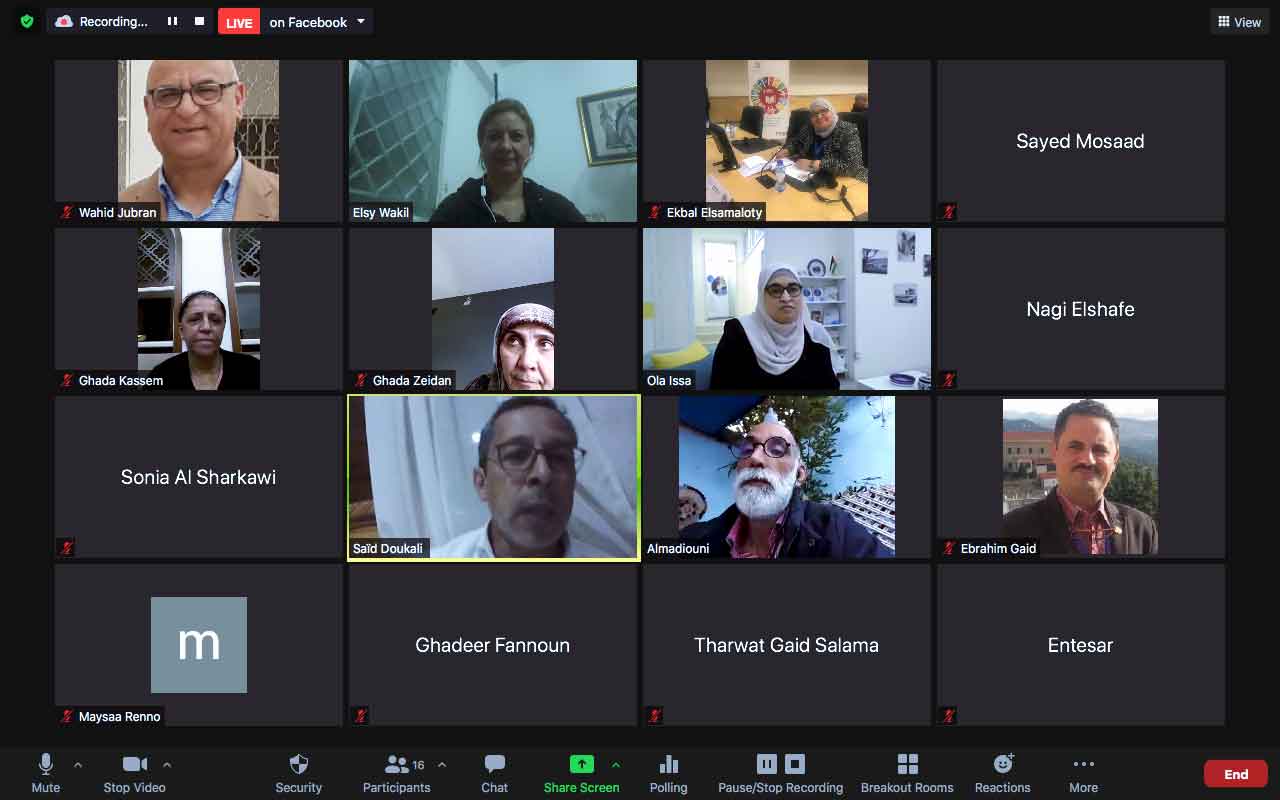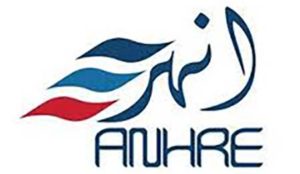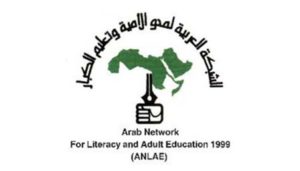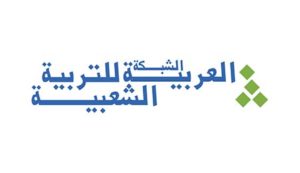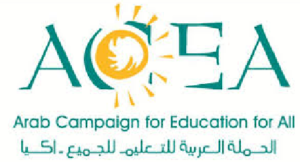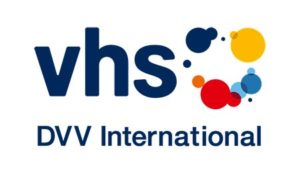Since March, the Arab House for Adult Education and Development (AHAED) started a Webinar series via ZOOM regarding topics that matter the adult education and Development in the current unpreceded circumstances. Until now, two webinars were held and the third is already scheduled. On April 9, 2020, the first webinar’s topic was presented by Dr. Zahi Azar under the title of “What cultural, educational variables… after Corona” during which he touched upon four important themes:
- The emerging Coronavirus pandemic and the cognitive estrangement that affects culture and education.
- The end of globalization and the start of another and its implications for education generally.
- Towards “teaching… without education”, and the implications for formal education, adult learning and education, distance learning, and education through artificial intelligence.
- The crises of Arab civil society and the possibilities of its revival.
The second webinar took place on Wednesday, May 20, 2020, and was entitled: “Challenges of Adult Education in the time of Corona”. The topic was presented by Dr. Ekbal ElSamaloty, through which she addressed the following points:
- The concept of Adult Education, what it should be, and what happened to it because of the crisis.
- The challenges that was adopted by the Arab ministers before Corona in 2015.
- The role of civil society in light of the repercussions of Corona: Can civil society face these challenges? During this webinar the participants reflected on the challenges in adult education in the Corona pandemic times, and shared successful stories from the civil society to face these challenges. Ms. Hoda Nakouzi spoke about the training for a group of young women who provided face masks and sewing full protection gears for health workers.And,
Mr. Hussein Alrabei spoke about an initiative in Jordan which responds to the current learning needs in Corona crisis, and initiates a set of interactive sessions that aim to continue the learning approach with the targeted parties, so that education is made a requirement and priority for those targeted in emergency and crisis situations through two types of pathways: positivity and responsiveness. And, Mr. Hany Shawky spoke about an initiative involves literacy classes, with women making 90% of participants. They adopt Paulo Freire’s emancipatory approach. During the Corona time: they worked in awareness raising, humanitarian relief, and assistance and preparedness of communities.
In all the webinars the participants were actively participating through asking questions and making valuable interventions. And now we are sending a questionnaire asking the participants to express better their needs.
